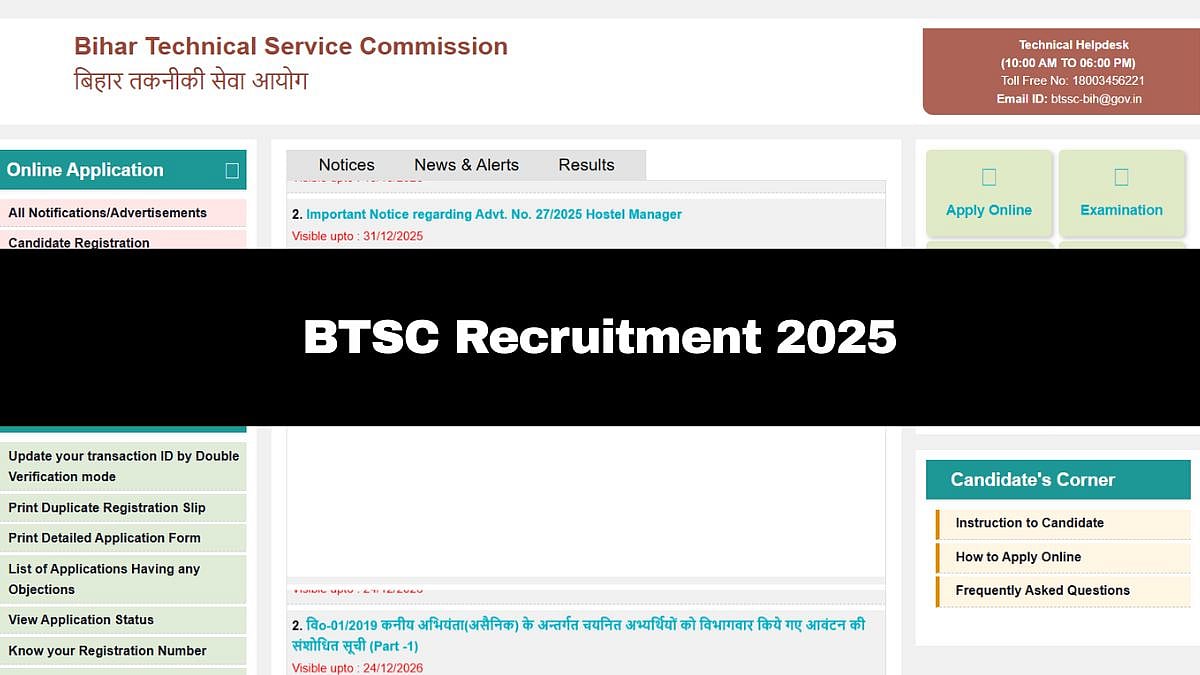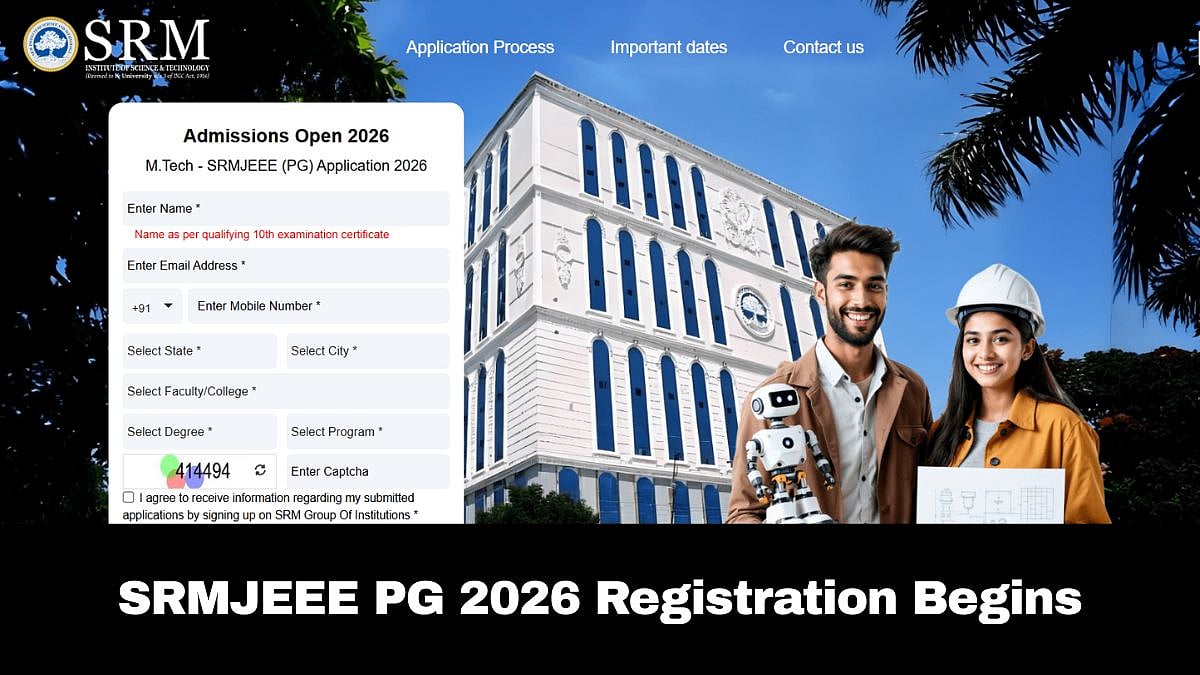When applying to US colleges for undergraduate studies, the Regular Decision (RD) deadline around January 1 often springs to mind. However, few know that the US offers early application deadlines that can significantly accelerate the process and, in some cases, enhance your admission chances. In this article, I will shed light on what these deadlines entail.
Types of early application deadlines:
1. Early Decision:
Colleges with Early Decision (ED) options require you to commit to attending if admitted. This binding commitment involves signing an agreement, which you, your parents and school counsellors must sign before submitting your ED application. The binding nature of this deadline means you must accept the offer and promptly withdraw applications from all other colleges. There are two types of ED deadlines:
Early Decision I (ED I): ED I falls between October and November, with results announced by mid-December. It offers a competitive edge with a smaller applicant pool, resulting in higher acceptance rates at selective colleges. Additionally, applying ED I allows you to demonstrate a strong interest in a particular college, a factor that often works in your favour.
Early Decision II (ED II): If you need time to enhance your college application, you can apply ED II between December and January, with results announced mid-February. It also enables you to apply to your second top-choice college if you are not admitted to your preferred institution in ED I. This deadline gives you ample time to improve your application and showcase recent accomplishments which you couldn’t include earlier.
Early Action: The Early Action (EA) deadline enables you to apply and receive a decision early without a binding commitment to attend. Typically, these submission deadlines fall around November 1, and most colleges release their admission decisions between mid-December and mid-January. Since this decision isn’t binding, you can review other offers and compare financial aid packages from other institutions later in the application cycle. There are two types of EA deadlines
Unrestricted Early Action: This deadline permits you to submit applications to multiple colleges. Its advantage lies in its ability to boost your likelihood of receiving multiple admission offers early in the process.
Restricted Early Action: This deadline permits you to apply to only one college in the early application rounds. However, you are not obligated to attend if accepted.
Tips for applying early to US colleges
1.Start early: If you’re applying early, you must prepare a robust application well in advance, which involves completing your Common App in the summer. It also means taking the SAT or ACT exams earlier than others. Since it’s necessary to achieve a good score, you must prepare for these tests months in advance—sometimes even a year.
2. Research the colleges: Once your dream, target and safety college list is ready, research your target and dream colleges to ensure what type of early admission deadlines they offer. Not all universities allow ED I, ED II and EA. For example, the University of Southern California only offers the EA round, whereas New York University offers ED I and ED II but no EA. On the other hand, Ivy League colleges like Columbia University and Cornell University offer only ED I, while Harvard University and Yale University offer only Restricted Early Action.
3. Leverage legacy: Legacy status at a college is typically granted to an applicant if a family member, like a parent or sibling, has previously attended that institution. For colleges that recognise legacy applicants, applying early can boost admission chances. Therefore, it's advisable to include universities where you hold a legacy status among your top choices for early applications.
4. Apply ED only if you are sure you will attend if admitted: Before applying in the ED rounds, take a realistic look at your scores. If you have an academic profile that falls within the range of the college’s previous year’s student profile, send your application. If not, don’t waste your ED advantage on a college where your academic scores don’t align with the university’s accepted scores.
6. Consider financial implications: Assess your financial situation to ensure you meet the enrollment requirements, as universities typically ask for proof of funding. Most colleges only offer admission if your application indicates a financial need they can meet.
7. If your top-choice college only offers RD or EA deadlines, skip ED: ED applications are binding. You cannot decline an offer from a college that admits you during this round. So, if your top-choice college only has EA and RD options, give the ED round a miss. Don’t bind yourself to another college. In case your application goes through, you will not be able to attend your dream university.
8. Continue working for the RD round to keep your options open: Whether it’s ED or EA, early application rounds do not guarantee admission. Colleges can reject you, defer you to a later round or put you on a waitlist. To offset these situations, it is essential to continue applying to colleges in the RD round. Doing so lets you explore a broader range of institutions and potentially helps you secure more college acceptances.
For more details on US undergraduate deadlines, read this blog https://rebrand.ly/US-UG-applications-deadline-all-you-need-to-know. But if you’re wondering how to strategize your college application deadlines, contact The Red Pen https://rebrand.ly/TRP-Book-an-Appointment.
The author is CEO and Co-Founder, The Red Pen, a leading independent education consultancy.










